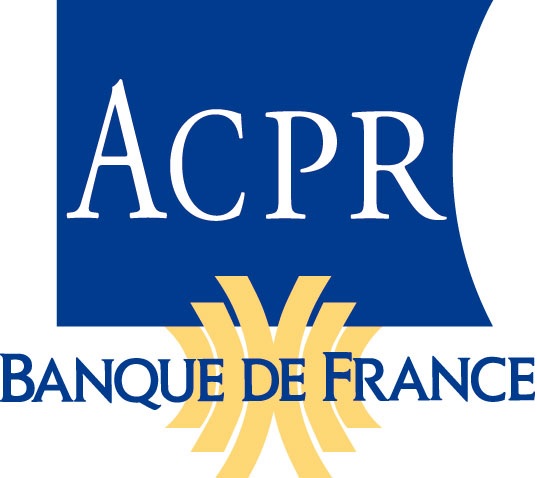Anti-money laundering is also about collaborative technology

The Autorité de contrôle prudentiel et de résolution (ACPR) has presented its new ambitions in the fight against fraud and money laundering. Its latest initiative is very technological. It relies on data, but also on a collaborative effort between banks, to succeed.
FACTS
-
The ACPR intends to use the latest technologies in collaborative data management and Artificial Intelligence to optimise the fight against money laundering and terrorist financing (AML/CFT).
-
Its ambition is to motivate banks to collaborate by sharing data. The ACPR has announced the launch of an experiment aimed specifically at identifying suspicious transactions more accurately.
-
A precise plan has already been presented as part of the implementation of this experiment. The ACPR is planning
-
a presentation meeting on 30 March 2022 for banks and technical service providers
-
a presentation phase for banks on the expertise of technical service providers in terms of collaborative calculations, confidentiality and data sharing
-
workshops to establish the use cases to be tested in priority by the banks involved in the project,
-
a final phase of implementation of the methods developed by the technical service providers within the banking processes and systems.
-
-
In this plan, the ACPR plays the role of facilitator and intermediary, but also detaches itself from its status as controller.
CHALLENGES
-
Extending efforts: The ACPR is taking advantage of the announcement of this new experiment to underline a long-standing commitment to this issue. Indeed, it has already been working on Artificial Intelligence and has published reports in the past (in 2018 and 2020) pointing out the interest of this technology in the fight against money laundering.
-
Relying on the collective: The challenge of the collaborative work that will have to be carried out by the banks concerns the optimisation of data processing. Big Data only makes sense when it is based on a mass of data, in this case financial data, to achieve a form of exhaustiveness. A pooling of data between banks is therefore essential. The relevance, and even the necessity, of collaborative work in the fight against money laundering and terrorist financing was even emphasised by the Financial Action Task Force (FATF) in a report published in 2021.
-
Optimising an entire process: The work initiated by the ACPR aims to achieve a concrete result. The aim is to test solutions for pooling or collaborative analysis of data by implementing them in order to improve detection algorithms, reduce the number of false alarms and thus increase the overall effectiveness of the fight against money laundering.
MARKET PERSPECTIVE
-
Collaborative work between banks is sometimes difficult in a context of historical competition. The ACPR is therefore putting forward technologies capable of reinforcing data confidentiality (Privacy-Enhancing Technologies) capable of making data invisible to the various parties while maintaining the relevance of their processing.
-
The stakes are high; according to Europol, the amount of money laundering is close to 3% of GDP, i.e. 2,129 billion, on a global scale.
